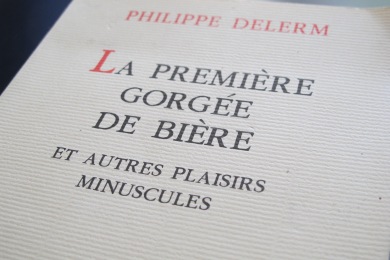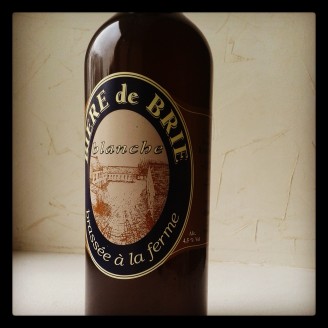It has been a long time since I wanted to read Hemingway’s short story. I finally found it by chance last weekend in a Parisian train station bookshop, while I was waiting for a train to my parents’.
To be fully honest, it was really intimidating to read a book that received both the Pulitzer Prize and the Nobel Prize in Literature. However, The Old Man and the Sea is actually very approachable. Simple. Both in the style and the plot. In a few words, it is the story of Santiago, an old fisherman in Cuba, who catches the biggest fish he has ever seen after struggling for three days.
Some say it is disappointing. I do not think so, but I must admit The Old Man and the Sea is not my favorite book. To be more precise, even if the style is profoundly admirable, there is a little something that makes Hemingway’s work not as impressive as critics claim.
As Anthony Burgess – renowned English author, A clockwork orange – stated about the short story: “Every word tells and there is not a word too many.” This is the magic of Hemingway’s style. He writes without ostentation and does not lose himself in useless interminable descriptions. He goes straight to the point without being too abrupt. He stays down-to-earth yet manages to engage his readers with very lively scenes.
Nevertheless, as mentioned earlier, there is a little something that left me unsatisfied. It is probably the impression – my personal impression – that Hemingway tries to expand the time, to stretch the action in order to have a story long enough for the reader.
In order to occupy this time Hemingway gives you, it might be wise to go open a bottle of wine, don’t you think so?
I would go for a Savennières, a dry white wine from the Loire Valley, made with Chenin Blanc grapes.
You wonder why?
Because of Santiago, the old fisherman. His traditional way of fishing reminds me of Savennières, a rather confidential appellation tied to its patrimony. Producing full-bodied and long-lived wine, striking with its simplicity, the western Loire appellation seems to be the very mirror of Santiago’s personality: honest, precise in his gesture and nurtured with an incredible experience. Yet, Savennière wine does not lack of finesse and elegance. Indeed, it offers an agreeable freshness that perfectly accompanies and balances the complexity of the wine.
If you are looking for a more precise reference, you should probably taste Château de Varennes’ Savennières – thanks to which I discovered the wine – it is a good ambassador for the appellation.
In case you want to learn more about it, go check Jancis Robinson’s – one of the most influent personalities in the world of wine – article: Revived Savennières.

